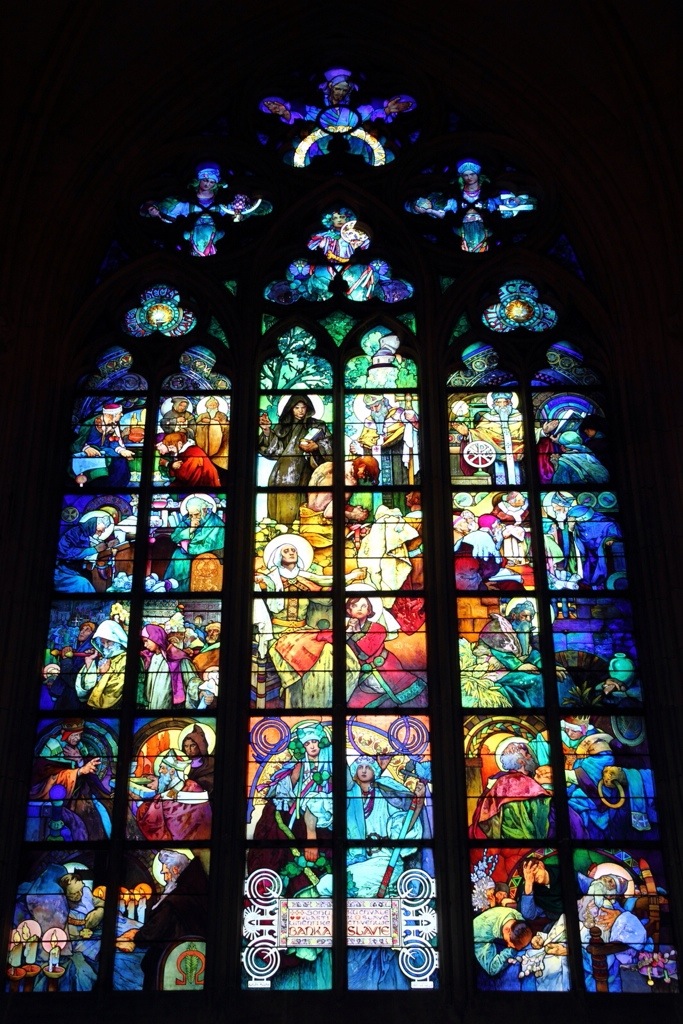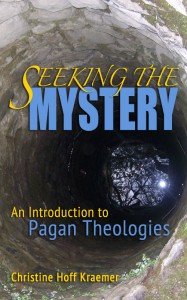Over on WomenWriteAboutComics.com, S&S’s own Elizabeth Coody began breaking down the four trajectories by which comics and religion can tangle with each other. First up: (1) comics as religion and (2) comics in religion. Read here.

Over on WomenWriteAboutComics.com, S&S’s own Elizabeth Coody began breaking down the four trajectories by which comics and religion can tangle with each other. First up: (1) comics as religion and (2) comics in religion. Read here.


In August, Sequart featured an essay by the University of Calgary’s Tom Miller writing on the “transformation project” of Christian comics. Though he admits to a “small sample,” Miller focuses the essay’s attention on a particular category of Christian comics, namely “the holy works adaption” and its “two sub-categories: the tribute and the telling.”
He differentiates between the two by noting that ‘tellings’…
…eschew the poetry of the source material. Spiritual matter aside, the Bible is a work of beautiful poetry. So perhaps another answer to the question of what these texts bring to the original is a negative answer: they bring a removal of the poetry of the Bible. This removal of poetry is one of the most significant differences between the telling and the tribute adaptations, as we will see.
Miller alludes to two other categories of Christian comics beyond holy works adaptations, so perhaps Sequart will have Miller produce two sequel essays in the not-too-distant-future.
 The London-based Albion Calling blog recently featured a full-length interview with Dr. Christine Hoff Kraemer, co-editor of Graven Images: Religion in Comic Books and Graphic Novels. As both an instructor for the Department of Theology and Religious History at Cherry Hill Seminary and the author of Seeking the Mystery: An Introduction to Pagan Theologies, Kraemer was asked, in particular, about the works of Alan Moore and her own personal interaction with the Magus:
The London-based Albion Calling blog recently featured a full-length interview with Dr. Christine Hoff Kraemer, co-editor of Graven Images: Religion in Comic Books and Graphic Novels. As both an instructor for the Department of Theology and Religious History at Cherry Hill Seminary and the author of Seeking the Mystery: An Introduction to Pagan Theologies, Kraemer was asked, in particular, about the works of Alan Moore and her own personal interaction with the Magus:
I wrote Moore a fan letter, telling him a bit about myself, my religious leanings, and my academic studies. A month
passed, and then a mysterious package from the UK arrived, containing a stack of Moore’s ritual theater CDs, an unpublished article on chaos magick, two copies of Promethea Vol. 2 (one signed for me to keep, one to lend out), and a warm and encouraging note. I was floored!
Kraemer notes, though, that while being a fan of Moore and even a scholar considering his work is quite popular, “many comics scholars either don’t take his spiritual philosophy seriously (preferring instead to focus on his politics) or simply don’t have the background to understand and interpret it.” She offers that this “gap in Moore scholarship” is one she is addressing with her work.
Learn more about Kraemer at Cherry Hill here.

Some further evidence of religion and comics penetrating ever more deeply into academia…in both a negative and positive light:
ReligionLink.com is, by its own description, “a non-partisan service of Religion Newswriters” that is “by journalists, for journalists.” So, it’s understandable that they encourage religion writers to think further on the intersection of the comics-based genre of superheroes and religion in recognition of Superman’s 75th anniversary and new film. Clearly, Rao endorses this viewpoint, too.
However, the “background and expert sources” they claim to provide prove sadly lacking; though lengthy and exhaustive-looking, it reads as the result of Google searching and Amazon browsing rather than an actual, knowledgeable resource. Their list of recommended books leaves out any title that isn’t Judeo-Christian, and, similarly, their article list includes one mention of Islam in regards to coverage of The 99; likewise, their manifest of three dozen experts seems to only include one focusing on Arabs (the esteemed Fedwa Malti-Douglas) and one on occult practices (the weirdly unattributed Christopher Knowles). They even get Professor Malti-Douglas’s URL wrong!
But it’s easy to criticize. What else should have been there? Well… Continue reading ReligionLink Targets Comics, Misses a Lot